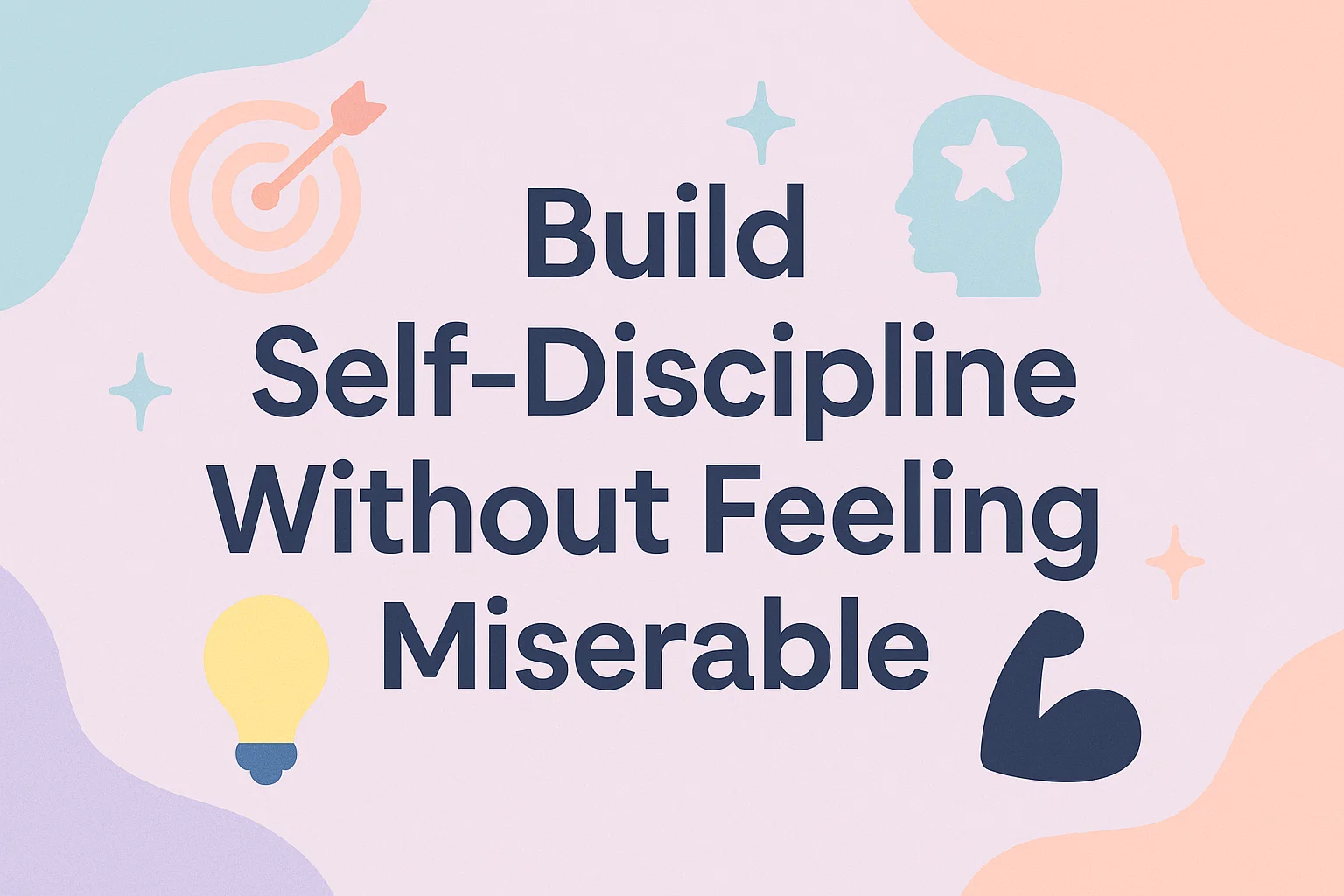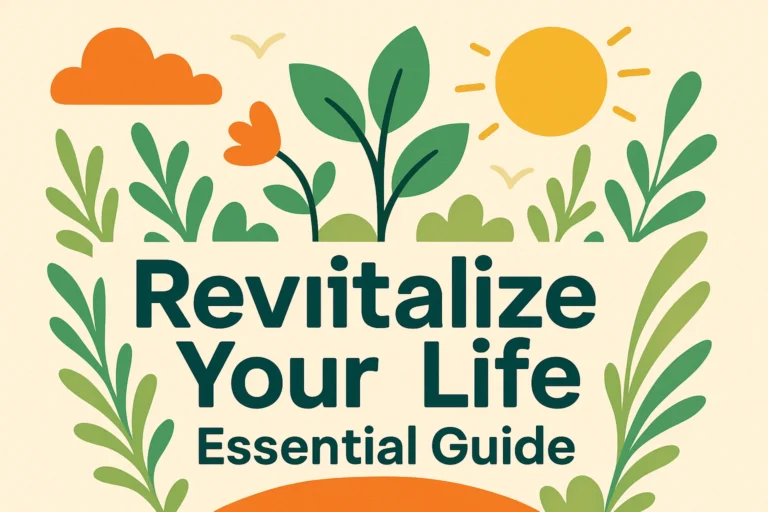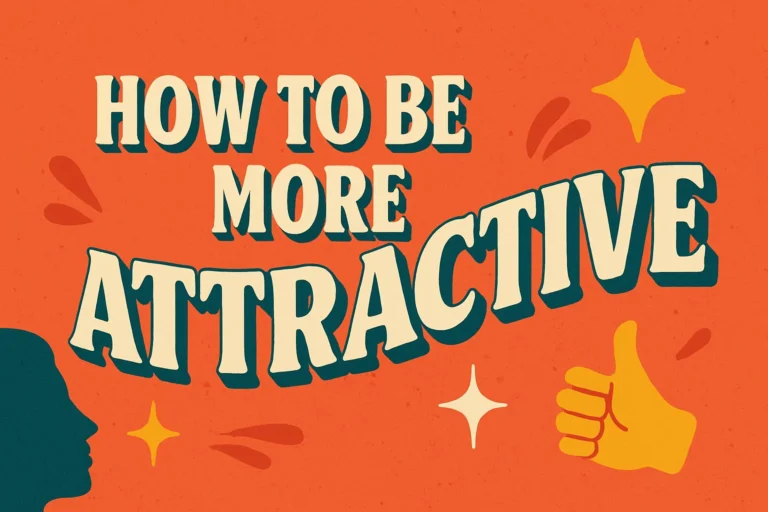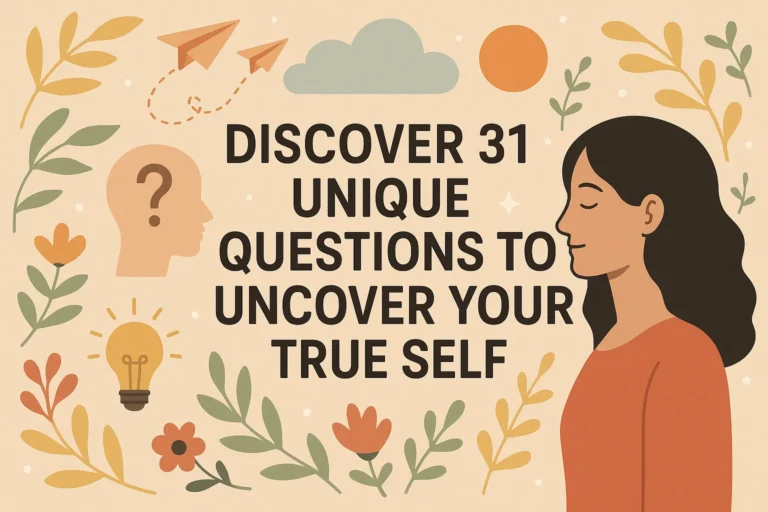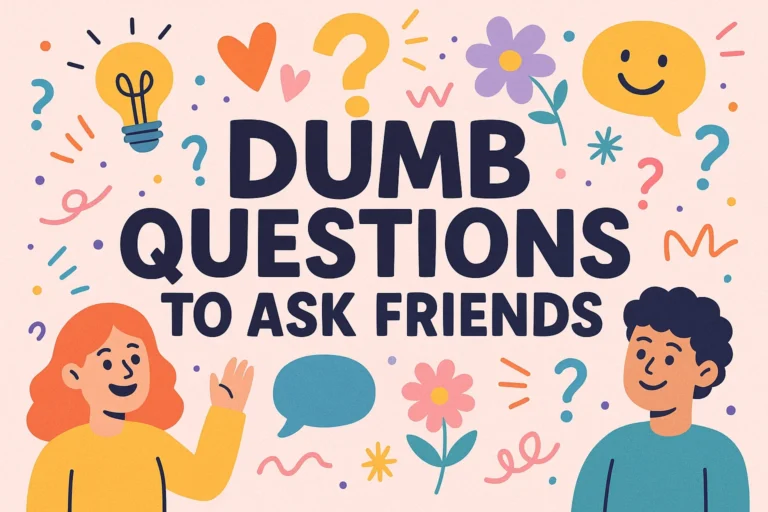Build Self-Discipline Easy Self-Improvement Tips for a Happier You
Build Self-Discipline: Easy Self-Improvement Tips for a Happier You
Ever told yourself you’ll start that diet on Monday, only to find yourself elbow-deep in a bag of chips on Tuesday afternoon? Yeah, me too. We’ve all been there. The gap between our goals and our actions can feel like a massive canyon, and the bridge across it is built with one thing: self-discipline.
But hold on—before you picture a drill sergeant screaming in your face, let’s reframe this. Self-discipline isn’t about punishment or living a joyless, rigid life. IMO, it’s the complete opposite. It’s the ultimate form of self-care. It’s the superpower that lets you do what you need to do so you can have what you truly want. A happier, healthier, less-stressed-out you? That’s the real prize. And the best part? You can build it, one small, laughably easy step at a time. Let’s chat about how.
What is Self-Discipline, Really? (It’s Not What You Think)
We often confuse self-discipline with sheer willpower. We imagine it’s a finite resource we have to white-knuckle our way through until it’s all gone. That’s a recipe for burnout, my friend.
True self-discipline is less about force and more about building reliable systems. Think about it. You don’t need willpower to brush your teeth, right? It’s a habit, a system woven into your day. The goal is to make more of your desired behaviors just as automatic. It’s about making the right choice the easy choice. When you set up your environment and your routines to support your goals, you’re not fighting yourself anymore. You’re working with yourself. Big difference.
Start Stupidly Small: The 2-Minute Rule
Want to know the number one reason people fail at building new habits? They go too big, too fast. You decide to get fit and immediately try to run five miles after two years on the couch. Your body (and soul) rebels. The secret is to start so small it feels almost ridiculous.
This is where the 2-Minute Rule comes in. Want to read more? Don’t commit to 50 pages a night. Commit to reading one page. Just one. Want to get into yoga? Don’t plan an hour-long session. Just roll out your mat and stand on it for two minutes. The barrier to entry is so low you can’t say no.
The magic isn’t in the two minutes; it’s in the ritual. You’re building the habit of showing up. Most days, you’ll probably do more once you’ve started. But even if you don’t, you still won. You reinforced the identity of “someone who reads” or “someone who works out.” That’s a powerful shift.
Master Your Environment: Stop Fighting Temptation
Here’s a truth bomb: Your willpower is no match for a constant, readily available temptation. Trying to eat healthy while your pantry is stocked with cookies is like trying to stay dry in a swimming pool. It’s not a fair fight.
Stop relying on willpower and start engineering your surroundings.
* Want to eat better? Wash and chop your veggies right after you buy them. Put them at the front of the fridge. Hide the junk food in the back of a hard-to-reach cupboard (or better yet, don’t buy it).
* Want to waste less time on your phone? Delete the social media apps. I know, it sounds drastic. But you can always check them on your computer. This one simple change adds just enough friction to break the mindless scrolling habit.
* Want to go to bed earlier? Plug your phone in to charge across the room instead of on your nightstand.
You make the good things easy and the bad things hard. It’s not cheating; it’s genius.
Embrace Imperfection: The “Never Miss Twice” Rule
You will mess up. You will have an unproductive day. You will skip a workout and eat the entire slice of cake. This is not failure; this is data. It’s a test, and the question is: What do you do next?
The most important rule for building lasting discipline is the “Never Miss Twice” rule. So you missed your workout today? Fine. The goal now is absolutely, no matter what, to not miss tomorrow’s. You ate junk for lunch? Okay. Make sure you have a healthy dinner.
One off-day is a mistake. Two in a row starts to become a new habit. Don’t let a single slip-up derail your entire mission. Forgive yourself instantly and get right back on track. No drama, no guilt-trip, just the next right action.
Find Your “Why”: The Emotional Anchor
Discipline without a purpose is just going through the motions. It will feel empty and exhausting. Why do you want to be more disciplined? What’s the deeper feeling you’re chasing?
- You don’t just want to exercise; you want to feel energetic and strong enough to play with your kids without getting winded.
- You don’t just want to save money; you want the freedom and security to take a dream vacation or reduce your money-related stress.
- You don’t just want to learn a new skill; you want the confidence and pride that comes with mastering something.
Connect your daily actions to a powerful, emotional “why.” Write it down. Say it out loud. When your alarm goes off at 6 a.m. for a run, and your brain is screaming “NO!”, your “why” is the thing that will gently say, “Remember how amazing you feel afterward? Let’s go.”
The Compound Effect: Your Secret Weapon
We overestimate what we can do in a day and underestimate what we can do in a year. Ever heard of the compound effect? It’s the principle that small, seemingly insignificant steps, taken consistently over time, yield massive results.
Reading 10 pages a day is just 10 pages. But do that for a year, and you’ve read over 3,650 pages—that’s 12-15 books! Saving $5 a day is just coffee money. In a year, that’s $1,825. In five years, with a little interest, you’ve got a legit emergency fund.
Stop looking for the single, massive action that will change everything. Focus instead on the tiny, daily actions that nobody sees. The magic is in the consistency, not the intensity.
Your Happier, More Disciplined Self Awaits
Building self-discipline isn’t about transforming into a different person. It’s about becoming the best, most reliable version of the person you already are. It’s about keeping the promises you make to yourself. And there’s no better feeling than that.
It’s not about being perfect. It’s about being a little bit better than you were yesterday. Start small, be kind to yourself when you stumble, and always, always remember why you started. Your bridge across that canyon is built one small, consistent brick at a time. Before you know it, you’ll be standing on the other side, looking back and wondering what you were ever so worried about. Now, which stupidly small step will you take today? 🙂

